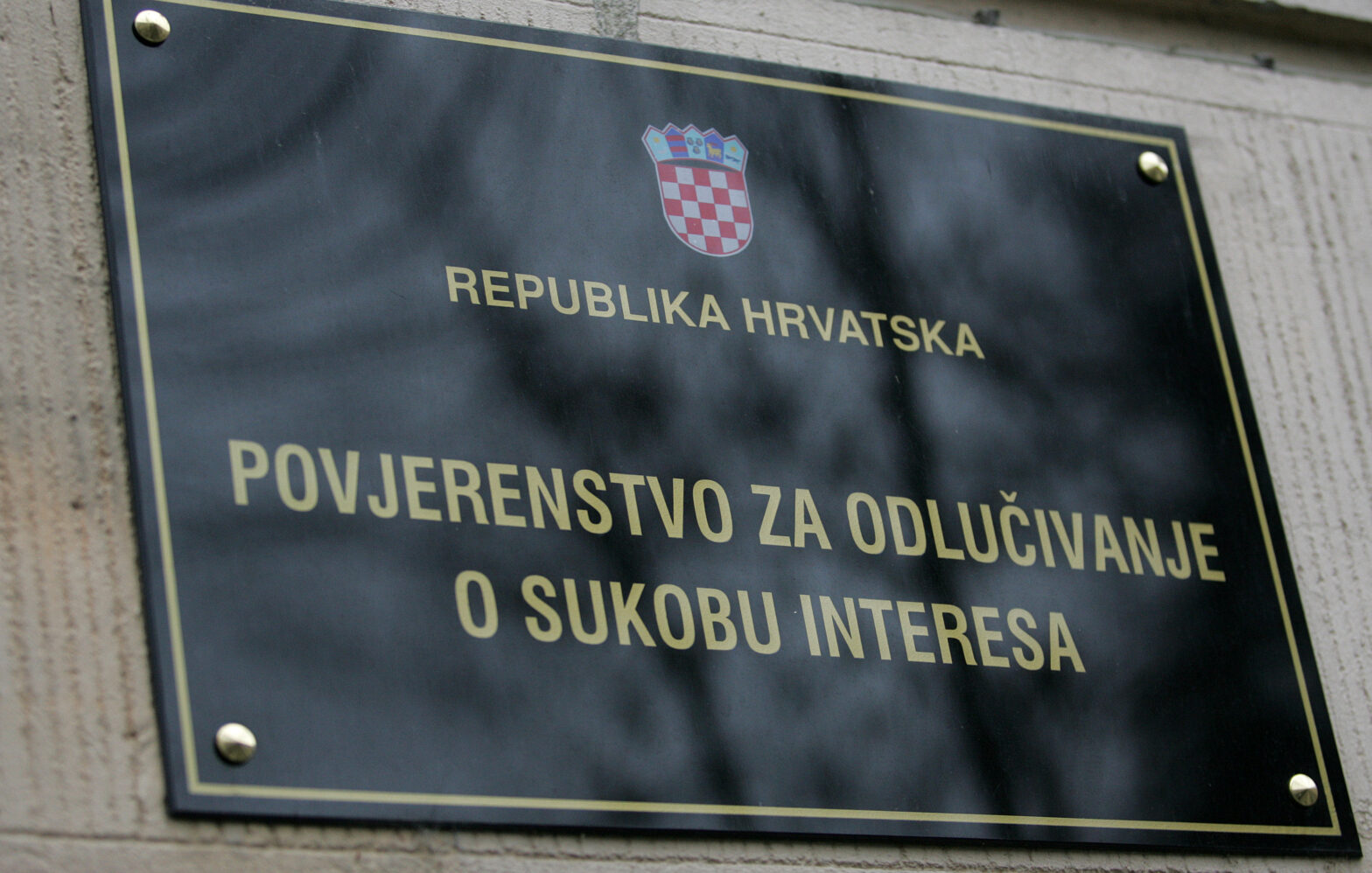In March 2008 a Bill for amending the Act on Conflict of Interests was passed by Croatian Government ant it was sent in parliamentary procedure at the end of April 2008. GONG has protested against the proposal and against the way it was set in motion in summary enactment procedure without public discussion of the Bill.
Act on Conflict of Interests (Croatian Act on Preventing of the Conflict of Interests in Exercise of Public Office ; Official Gazette no.163/2003., 94/2004., 48/2005., 141/2006. i 60/2008.;) is one of basic tools in fighting against coruption.
In March 2008 a Bill for amending the Act on Conflict of Interests was passed by Croatian Government ant it was sent in parliamentary procedure at the end of April 2008. GONG has protested against the proposal and against the way it was set in motion in summary enactment procedure without public discussion of the Bill.
GONG has protested because of several reasons as following:
– by stipulating that for a chairperson of the Commission for the Resolution of Conflict of Interests can only be elected one of eminent public figures who are its members, the influence of opposition parties is neutrelized.
– the provision of the Act which stipulated possibility that Commission can invite the official to offer his resignation in case of savere violation of law was abolished, which is contrary to directives of OECD
– although the range for sanction of retention of net monthly salary was increased from 3.000,00 to 5.000,00 kuna on 5.000,00 to 10.000,00 kuna, the aggregate amount that can be covered by this retention was lowered to 1/3 of the salary in trhee months which makes this growth fictive and actually leads to reducing of the sanction
-the Bill was not harmonized with the State Officials Rights and Obligations Act in a way that several state officials were left out of the Bill
– it is stipulated that the officials will submit to the Commission cretificates on their income which will not be made public, vice versa the previous provision stipulated submission of officials tax card
-the Bill prescribes ability for the officials to be a members in at most two supervisory boards of companies and foundations of special state interest, exept if the separate law doesn’t prescribes that the official is member of supervisory board of some company or foundation by its incumbency
-the Bill doesn’t proscribes solutions for legal gaps in existing law.
Despite the remarks of GONG and oppositional parties the Bill was passed on 9th May 2008. During its enactment, several Amandments on the Bill were adopted – expecially disputabule one increases the value of items that officials doesn’t have to show in their property reports from 10.000,00 to 30.000,00 kuna.
During May and June 2008, on several occasions, GONG pointed out in media the main drewbacks of the passed law.
In July 2008 GONG organized in Croatian Parliament round table within the international project „Election Laws and Conflict of Interest – Experience and Practice from the region“ which is being conducted by GONG, CeSID and AEOBIH. Once more, all main remarks on the Act on Conflict of Interests were presented.
In June 2009, GONG co-organized the conference marking one year of adoption of the National Anti-Corruption Program and its Action Plan together with Transparency International Croatia, Government’s Office for NGOs and Ministry of Justice. For that occasion, GONG conducted analysis of the implemented measures from the Action Plan and presented its suggestions to the public and relevant stakeholders. In general, public is not informed about the effects of the implemented measures from the Action Plan, there is no evaluation mechanism and some of the measures (about 20 %) have not been implemented in given deadline. Further cooperation on analyzing effects of the Action Plan measures was agreed with the Ministry of Justice.
In June 2009 GONG supported amendments to three different laws proposed in the Parliament by the independent MP regarding conflict of interest and called upon all Parliamentary bodies to adopt them. Amendments refer to the lack of provisions for abolishing a mandate to the elected official if he/she has been proved a conflict of interest in the official procedure. These are currently in the parliamentary procedure.
In June 2009, GONG produced a short guide (FAQ) for citizens regarding the most pertinent issues of conflict of interest and corruption based on the legal provisions and instructions on how to report conflict of interest. These are published on our website and will be updated regularly.
